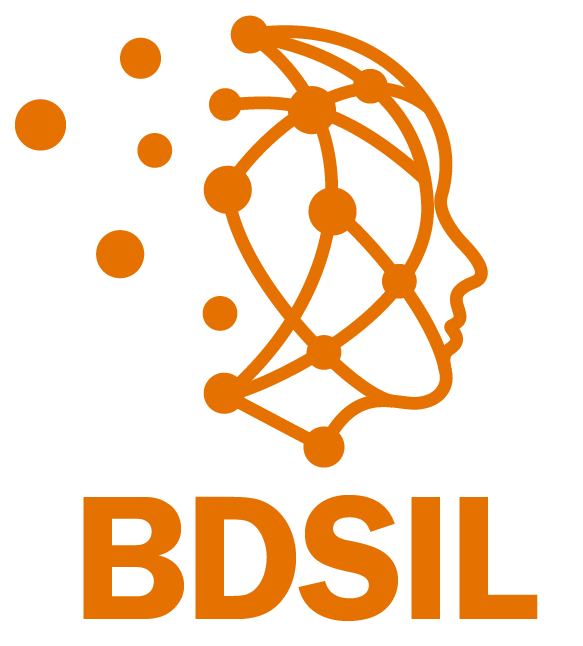Language, Knowledge, and LLMs in the Context of Biomedical Data Science Education
All branches of scientific knowledge are dually constituted as formally ordered bodies of knowledge and informally shared understandings of the world and how things are done. Both forms are highly mediated through language and discourse, through the development of formal ontologies and vocabularies used to organize information and through informal modes of speech that characterize communication between members of a knowledge community. The deployment of Large Language Models (LLMs) in the context of biomedicine impacts both of these forms of language and knowledge as well as their relationship to each other. This talk will provide a framework for making sense of the changes that LLMs are having and are likely to have on biomedical knowledge, with special reference to biomedical data science education.
Rafael C. Alvarado is associate professor, academic general faculty, in the School of Data Science at the University of Virginia, where he is director of the Humanities Data Science Collaboratory. He has a Ph.D. in cultural anthropology and has been a career digital humanist. His research interests include textual analytics, the anthropology of AI, and the history of data science.
